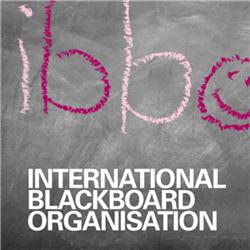Administration and Politics
Prior to 1990 the country was divided for administrative purposes into 5 development regions, 14 zones, and 75 districts; in addition, there were corresponding regional and district courts, as well as a Supreme Court. The 1990 constitution mandated the elimination of the regional and zonal courts, which were to be replaced by appellate courts. The administrative divisions themselves continued to exist as provisional units.
All Nepalese citizens 18 and older are eligible to vote. Because most voters in Nepal are illiterate, candidates largely have been chosen by party symbol (e.g., a tree for the Nepali Congress Party and a sun for the United Marxist-Leninist Party of Nepal). Some voters, moreover, have had to travel long distances, in some cases for hours along mountain paths, in order to reach a polling station.
